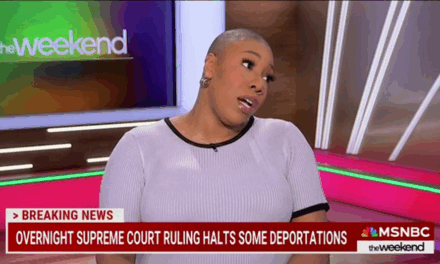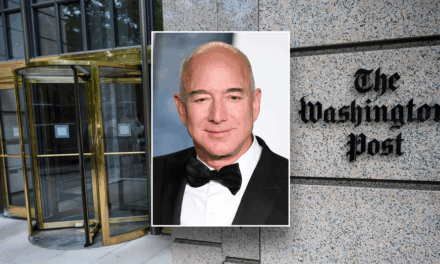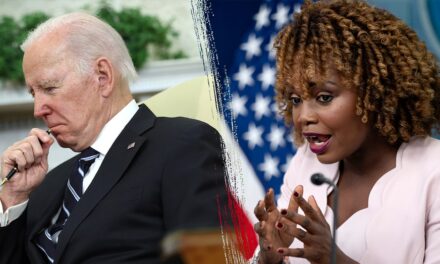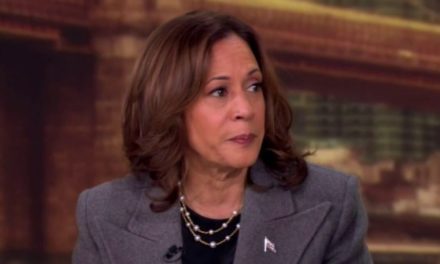In a significant move reflecting the ongoing tensions between local governance and religious freedom, the Justice Department has stepped into a conflict involving a small town in Idaho, challenging local restrictions on a church’s efforts to acquire a building permit. The case highlights the importance of the Religious Land Use and Institutionalized Persons Act (RLUIPA), which seeks to protect religious exercise by limiting local government’s capacity to impose burdensome regulations on religious organizations.
The situation centers around a small community known for its tight-knit atmosphere and conservative values, which has found itself at the heart of a national discussion about how far local governments can go in regulating places of worship. The coalition behind the church argues that the town’s denial of the building permit is not only a barrier to their right to freely practice their faith but also a potential violation of federal law, which explicitly prohibits discrimination against religious institutions seeking to establish places of worship.
The church in question is a growing congregation with plans to establish a more permanent presence in the community. Over the past few months, they have sought to convert an existing building into a place of worship. Despite the fact that the building had previously been utilized for similar purposes, the local government rejected the permit application, citing zoning regulations that the church leaders and their legal counsel argue are overly restrictive and potentially discriminatory against religious practices.
As tensions escalated and the church prepared to pursue legal action, the Justice Department stepped in, expressing concern that the town’s actions may violate the rights guaranteed under RLUIPA. This federal law seeks to ensure that zoning laws do not place an unfair burden on religious exercise, underscoring the principle that individuals have the right to practice their faith freely without undue interference from local authorities.
The coalition backing the church has received guidance from various legal experts and entities focused on religious freedom, arguing that the denial of the permit not only impedes their religious activities but also infringes upon their rights as community members. The community’s leaders and residents have experienced a mix of support and opposition to the church’s plans, illustrating a divide over how public spaces should accommodate the needs of diverse faiths.
From a broader perspective, this case underscores the balancing act that many local governments face when managing zoning laws while respecting constitutional rights. Towns across the country are grappling with similar challenges, particularly as they seek to regulate land use within their boundaries while navigating federal protections for religious practices.
Some local residents have expressed their concerns regarding the potential impact of a new church on their neighborhood, citing worries about increased traffic, noise, and changes to the community’s character. However, proponents of the church maintain that their establishment would not only add a vital spiritual anchor for local believers but also foster community engagement through outreach programs, volunteer opportunities, and family-oriented activities.
There are ongoing discussions about what constitutes reasonable zoning laws in relation to religious institutions, particularly in smaller towns where residents may hold strongly to their traditions and way of life. The community’s leaders are tasked with finding a way to balance their constituents’ concerns with the fundamental rights guaranteed to all citizens.
In discussions surrounding this case, the Justice Department’s intervention could set a significant precedent for similar cases nationwide. With a growing number of faith-based organizations encountering hurdles when seeking land-use permits, the outcome of this dispute could contribute to a clearer legal framework delineating the boundaries between local governance and religious freedom.
As the situation unfolds, church leaders are preparing to proceed with their legal options while remaining hopeful that a resolution can be reached that respects both the community’s concerns and their right to practice their faith freely. Meanwhile, local officials are also weighing their options, not only considering their legal standing but also recognizing the potential implications of their decisions on community relations.
The ramifications of this legal clash could resonate well beyond the borders of this small Idaho town, as similar conflicts in other localities draw attention to the complexities surrounding religious liberties and land use. Many analyzers predict that this case could ultimately become a beacon for broader discussions about how to best legislate and implement policies that balance community interests while safeguarding religious freedoms.
As the Justice Department prepares to enter into negotiations with the town and church representatives, there remains a dense air of anticipation and advocacy for religious liberties. Supporters of the church are rallying together, sending messages of solidarity, while the broader community remains divided on how to proceed. Action from federal bodies like the Justice Department underlines the seriousness of the issue, echoing sentiments shared from coast to coast about how enthusiastic regulation must stand in connection with the freedoms granted under the U.S. Constitution.
The attention drawn to this case may also encourage other congregations facing similar obstacles to assert their own rights under RLUIPA, fostering a potential landscape where religious institutions can exercise their legal rights without facing unjust barriers. Local governments are watching closely, recognizing that their decisions here could define how they approach future requests from other religious groups. The intersection of faith, community, and law continues to evolve, and the outcome of this Idaho town’s situation may stand as a critical example of religious freedoms in action.
Through this legal battle, all eyes are now focused on the city council meetings, court hearings, and potential settlements, as citizens await to see how the story will unfold. Will the church gain its permit, paving the way for a new chapter in the community? Or will local regulations win the day, reinforcing strict zoning measures amid growing demands for inclusivity? The answer may hinge on the discussions just beginning between the Justice Department, the Idaho town, and the church community desperate to find a place to practice their faith.































